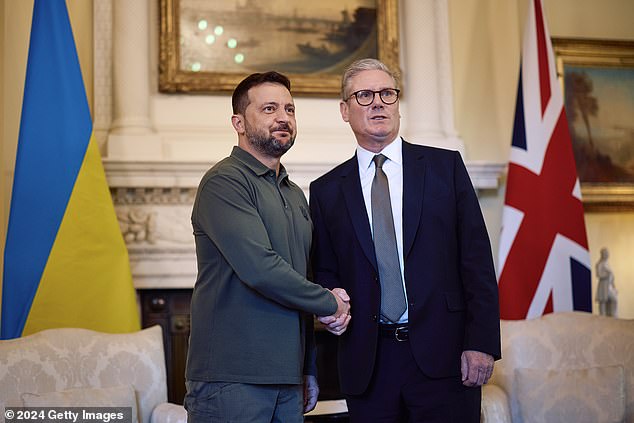On the steps of Blenheim Palace on Thursday, European leaders surrounded Ukrainian President Volodymyr Zelensky in a show of unwavering support.
But Zelensky can be forgiven for wondering how loyal those allies really are. Two and a half years into Vladimir Putin’s bloody war, it must increasingly seem to Zelensky that NATO offers just enough to keep Ukraine moving forward, but not enough to completely crush Moscow’s forces.
What else could explain the West’s ambiguity about using long-range weapons to attack targets in Russia?
On Friday, Sir Keir Starmer rejected Zelensky’s call to drop the UK’s ban on Storm Shadow bunker-busting weapons, which have a range of 300 kilometres and strike targets inside Russia.
Currently, the UK and other allies allow Ukraine to fire long-range missiles defensively at targets on Russian soil near the border, but not offensively or deep inside Russian territory.
Pictured: Starmer and Zelensky shake hands during a meeting at 10 Downing Street on July 19.
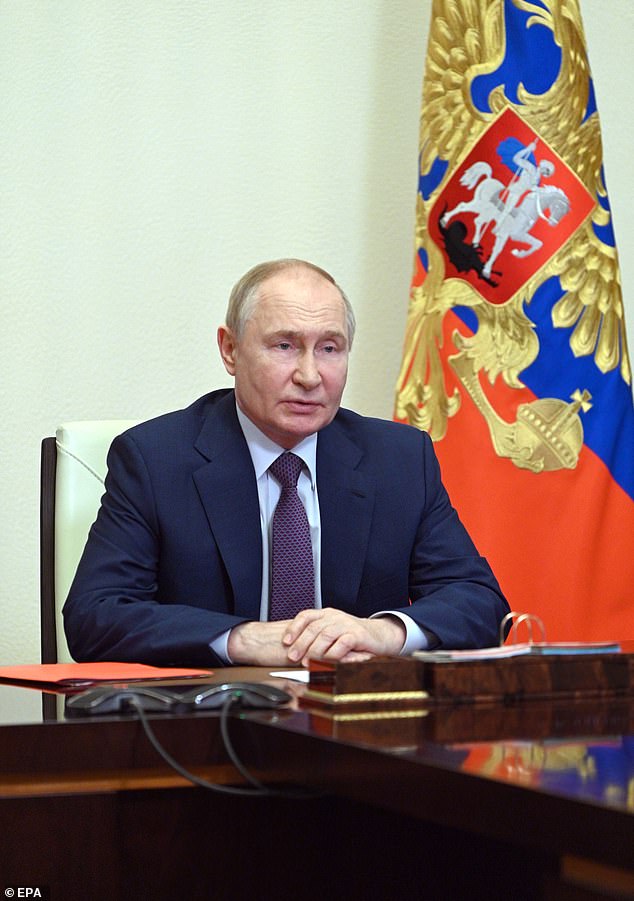
Russian President Vladimir Putin holds a meeting via video conference on July 19
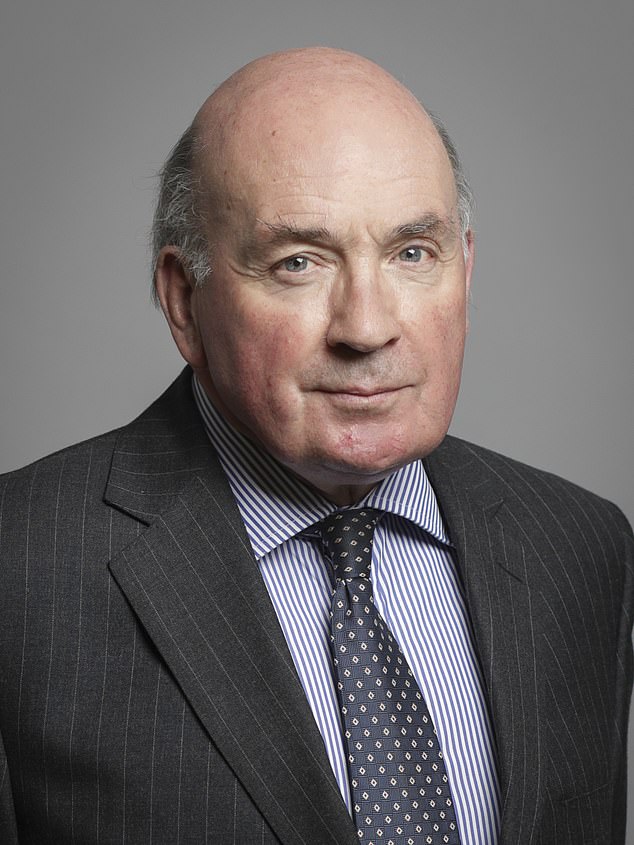
General Lord Dannatt (pictured) is a former Chief of the General Staff and co-author of Victory to Defeat – The British Army 1918 To 1940. He argues that Zelensky must be given what it takes to defeat Putin on this battlefield.
Of course, this stance is calculated to avoid provoking Putin and triggering a broader retaliation. At the heart of that fear is the dire eventual prospect that the dictator might resort to the nuclear button, but there are even less apocalyptic concerns that help dictate policy.
But success in an armed conflict can only be achieved if all the elements of the battlefield are mastered.
In classic NATO doctrine, this means winning “deep, close and rear” battles – that is, long-range attacks and incursions into infrastructure (deep), front-line combat (close) and essential support mechanisms such as logistics and headquarters (rear).
Just as Russia is attacking Ukrainian cities, factories and infrastructure, any general knows that it is perfectly reasonable for Ukraine to do the same to degrade its enemy’s military capability.
However, due to current restrictions on the use of missiles, the Ukrainian armed forces are unable to conduct the “deep” battle. Zelensky is forced to fight with one arm tied behind his back.
That is why I believe that decision-makers in Washington, London, Berlin and Paris should authorize the use of long-range weapons, such as the Storm Shadow, to attack targets inside Russia.
It would be foolish to rule out the possibility of escalation, but, as in the Cold War, I am confident that this war will at least not turn nuclear, despite warnings from those concerned about Britain’s growing involvement in the conflict.
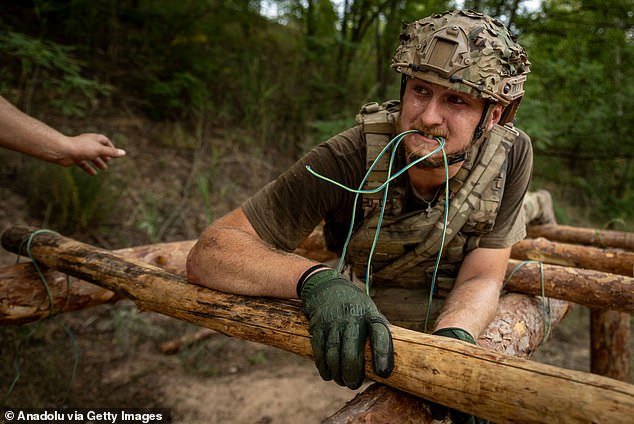
A soldier from the 80th Air Assault Brigade trains in the direction of Chasiv Yar, Ukraine, July 20.
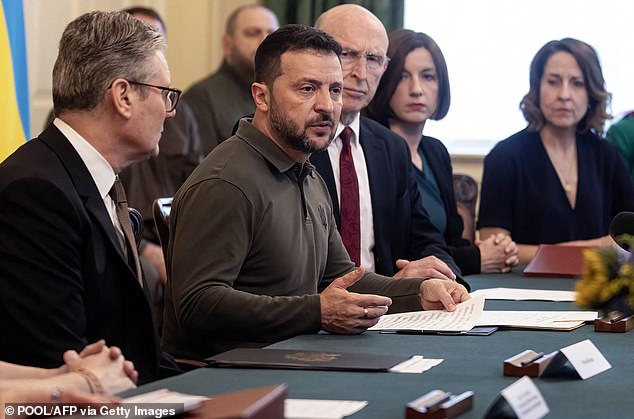
Zelensky on Friday became the first foreign leader to attend a British Cabinet meeting in person since 1997.
On the one hand, Russian tactics would likely involve using a tactical nuclear weapon only to prevent an enemy advance into Ukraine. Such an advance could only occur in one of the four eastern provinces that Putin has declared will be Russian forever. What is the logic of irradiating many square kilometers of its own soil?
In addition, there is the relationship between China and Russia to consider. President Xi has so far offered only moderate support to Putin and is by far the dominant partner in the relationship. Xi has consistently opposed the use of nuclear weapons in Ukraine.
Of course, the escalation could be serious long before it reaches nuclear proportions.
A cyberattack on the scale of the chaos wrought by CrowdStrike last Friday is well within Russia’s capabilities, as is cutting off submarine communications or energy pipelines in the North Sea.
And if Houthi rebels in Yemen were able to attack Tel Aviv, we cannot rule out a long-range conventional missile attack on a target in Western Europe, including potentially here in the UK.
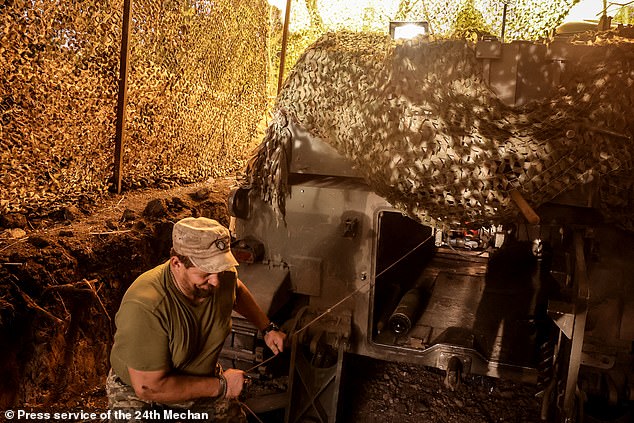
A Ukrainian serviceman from the 24th Mechanized Brigade fires a 155mm M-109 ‘Paladin’ howitzer towards a Russian position on the front line near Chasiv Yar, Donetsk region, July 20.
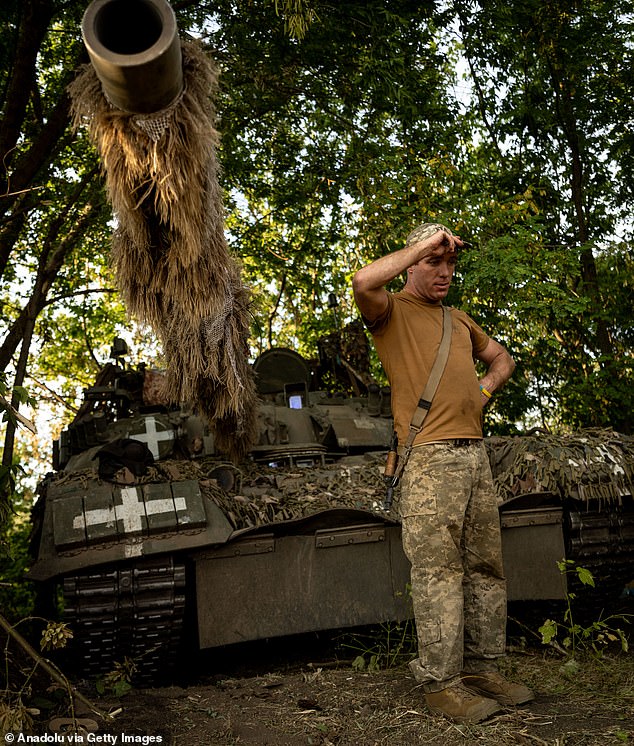
A soldier from the 80th Air Assault Brigade climbs out of a -80 tank during training in Ukraine
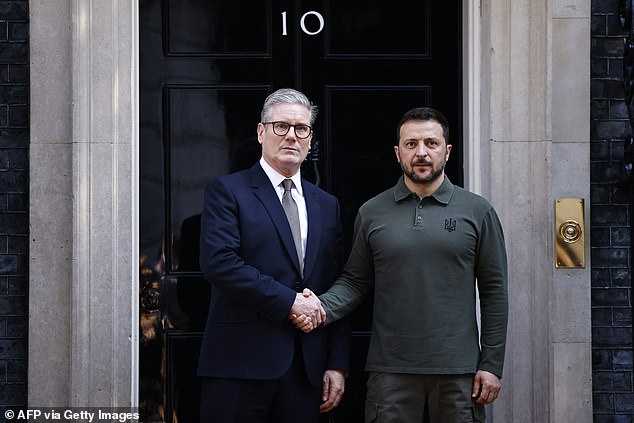
Keir Starmer shakes hands with President Volodymyr Zelensky on the steps of 10 Downing Street on July 19
However, military theorists often refer to the concept of “limited war” – that is, war restricted in its objectives and geography. The war in Ukraine has limits, to be sure, but history has shown that Putin’s ambition is not restricted in the same way.
Before Ukraine there was Chechnya and Georgia. Why shouldn’t we think that after Ukraine there could be Latvia, Lithuania or Estonia, or all three, or even Poland?
Anxiety levels are already high in the Baltic States, and one wonders why, at this point in their history, both Sweden and Finland recently decided to join NATO.
The fear of Russian expansion is tangible on Russia’s borders: no wonder the Poles spend more than 4 percent of their GDP on defense and build the largest army in Europe.
Any discussion of Ukraine’s prospects for military success must also address the elephant in the room: Donald Trump, who appears likely to win the presidency in November.
He has made the grandiloquent claim that he could resolve the war in a day with a phone call. If that is the case, Ukraine must have every opportunity to achieve an advantageous position on the battlefield before that call is made.
For this war to have a negotiated and successful end, Ukraine must be in the strongest possible position at the start of any talks.
The reality is that Putin must be stopped, and Ukraine is the place to do it. The best way to do that is to give kyiv what it needs to finish the job.
The price of stopping Putin now is far better than paying the price of a wider, devastating war, as the history of the last century shows.
General Lord Dannatt is a former Chief of the General Staff and co-author of Victory to Defeat – The British Army 1918 To 1940.


